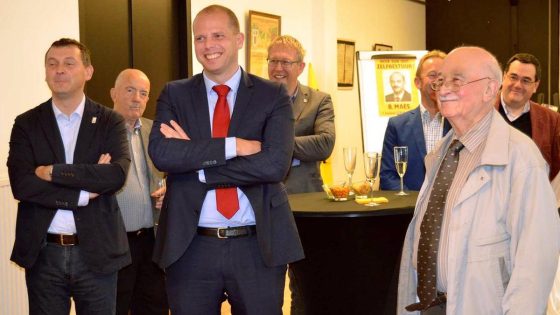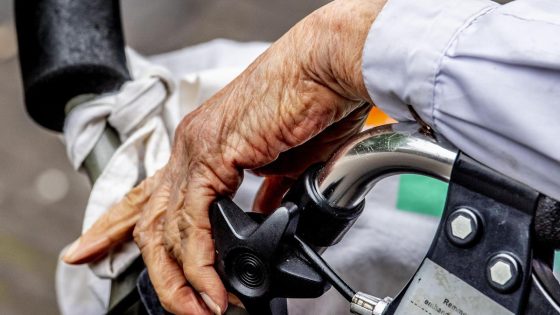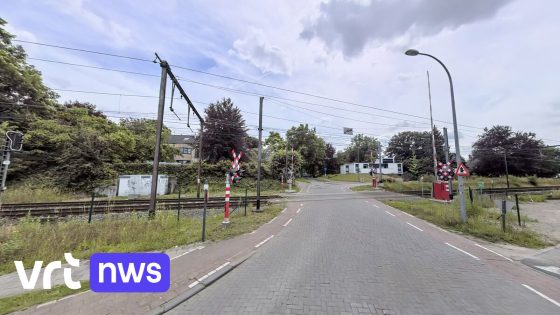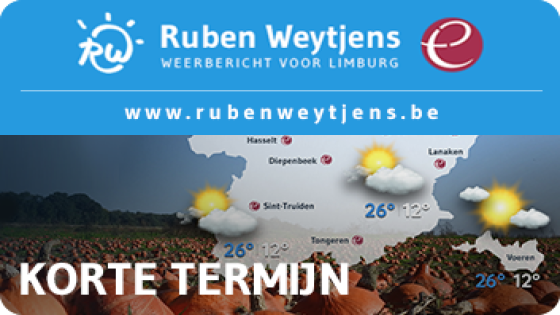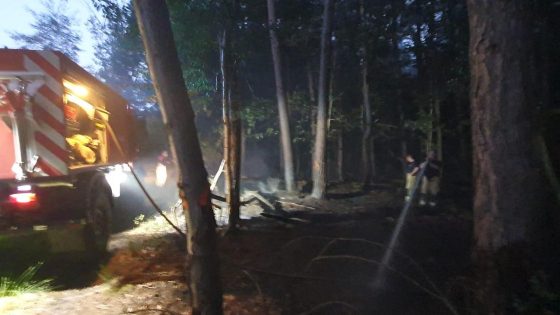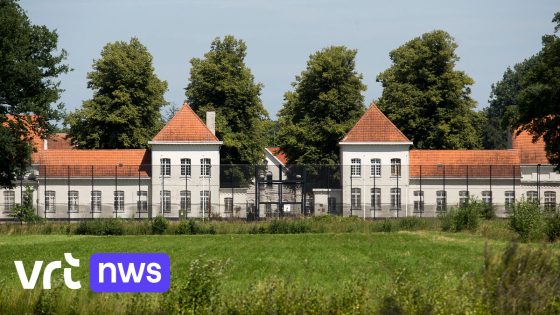The legacy of Bob Maes remains a significant topic in Belgian politics, especially among Flemish nationalists. Known primarily as the founder of the VMO in 1950, Maes played a pivotal role in shaping Flemish nationalist activism during the post-war period. His political journey, which included serving as a senator for the Volksunie (VU), the predecessor of the N-VA, continues to influence discussions in Belgium today.
- Maes founded Vlaams-nationalistische VMO in 1950
- VMO dissolved in 1971 after legal issues
- Maes served as senator for Volksunie party
- Maes and children joined N-VA party later
- Maes imprisoned post-WWII for collaboration links
- Political controversy arose from Maes’ 90th celebration
On 2025-08-20 14:03:00, reflections on Maes’ controversial past surfaced again, highlighting his early involvement with the VNV, a far-right Flemish nationalist party during World War II. Despite this, Maes and his family later embraced the N-VA, which now holds a central place in Flemish politics. How does this history affect current political narratives, and what lessons can be drawn from Maes’ complex legacy?
Understanding Bob Maes’ impact requires looking beyond his controversial affiliations to see how his actions shaped Flemish nationalism and its evolution. This leads US to the fast answer about his lasting influence in Belgium.
Why does Bob Maes’ legacy still spark debate among Belgians? His life raises important questions about political extremism and reconciliation within Flemish nationalism. Key points include:
- Maes’ VMO was initially a reaction to post-war repression but later took an extreme-right turn after his departure.
- His early VNV membership linked him to wartime collaboration, leading to imprisonment and loss of rights.
- Despite controversies, his family’s shift to the N-VA reflects a broader political realignment in Flanders.
- Recent political reactions, such as criticism of ministers attending his 90th birthday, show his divisive legacy remains relevant.
As Belgium continues to navigate its complex political landscape, reflecting on figures like Bob Maes offers valuable insights into the challenges of balancing history, identity, and progress. How will Flemish nationalism evolve next, and what role will past leaders play in shaping its future?



